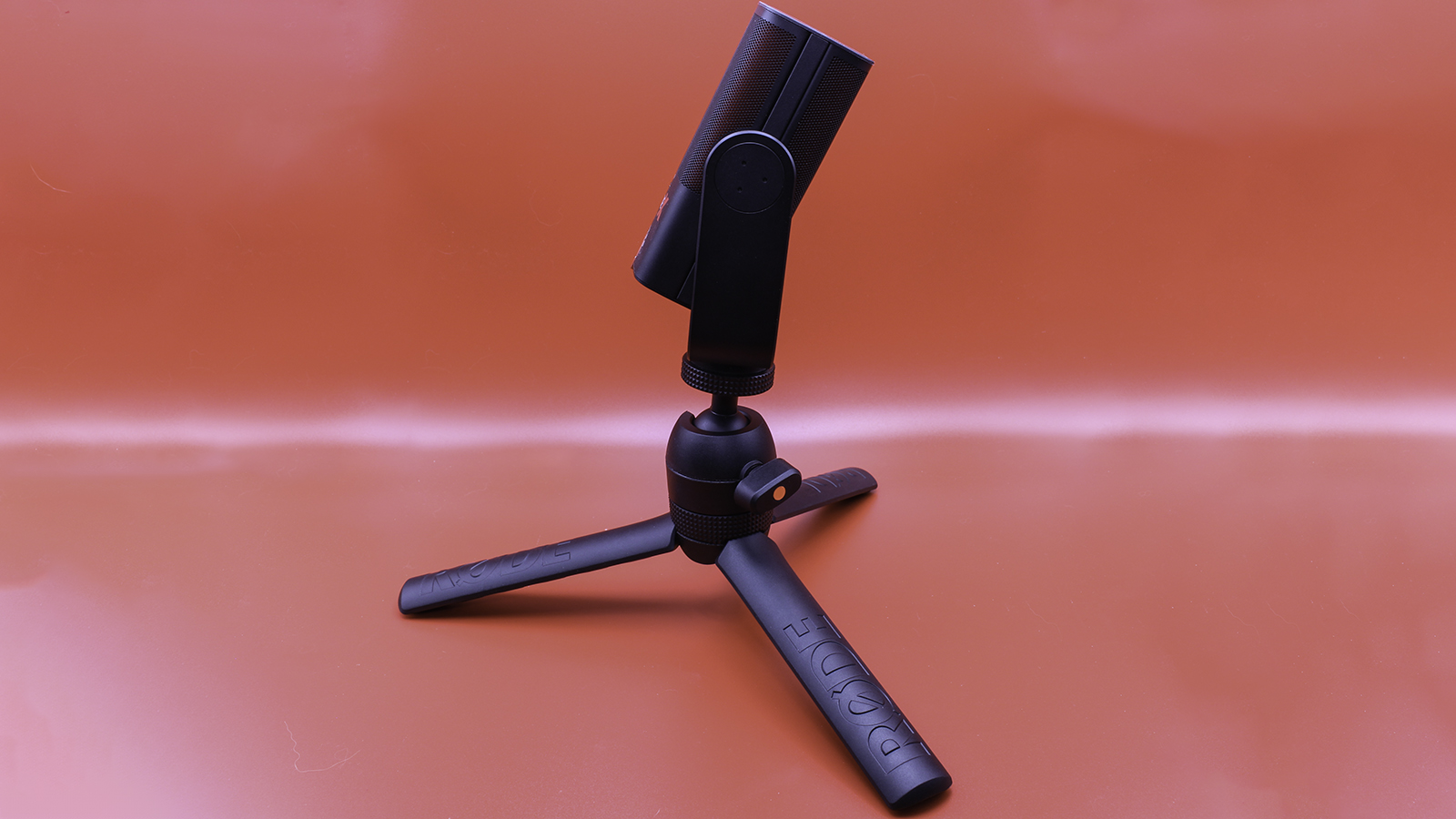'ZDNET Recommends': What exactly does it mean?
ZDNET's recommendations are based on many hours of testing, research, and comparison shopping. We gather data from the best available sources, including vendor and retailer listings as well as other relevant and independent reviews sites. And we pore over customer reviews to find out what matters to real people who already own and use the products and services we’re assessing.
When you click through from our site to a retailer and buy a product or service, we may earn affiliate commissions. This helps support our work, but does not affect what we cover or how, and it does not affect the price you pay. Neither ZDNET nor the author are compensated for these independent reviews. Indeed, we follow strict guidelines that ensure our editorial content is never influenced by advertisers.
ZDNET's editorial team writes on behalf of you, our reader. Our goal is to deliver the most accurate information and the most knowledgeable advice possible in order to help you make smarter buying decisions on tech gear and a wide array of products and services. Our editors thoroughly review and fact-check every article to ensure that our content meets the highest standards. If we have made an error or published misleading information, we will correct or clarify the article. If you see inaccuracies in our content, please report the mistake via this form.
Rode X XCM-50 review: Warm condenser mic sound in a tiny package


Rode X XCM-50
pros and cons
- Compact design is much smaller than most competitors
- Aesthetics are flashy without being too "gamery"
- Included tripod stand is handy for cam mounting
- Sound isn't quite as clear as its sibling's
- Built-in grille tends to pick up dust and debris
- Discrete windscreen and shock mount options are limited
As a brand, Rode is best known for its professional audio equipment. Singers, podcasters, and other recording studio inhabitants are intimately familiar with the brand. In recent years, its reputation has grown in the consumer space thanks to more consumer-friendly models like the budget-friendly Pod Mic, or the still-affordable Procaster microphone.
ZDNET Recommends
But, until recently, Rode's only presence in gaming was via gamers and streamers who realized pro-grade audio for other applications sounds just as great recording their Twitch streams. Rode wisely decided to exploit this fact with the launch of its gaming-focused sub-brand, Rode X. The new division aims to bring Rode's audio fidelity and build quality to gamers, while eliminating much of the complexity and expense associated with professional equipment.
Review: Rode X XDM-100 review: The best USB microphone I've used
In this review, we'll be looking at the smaller and cheaper of the two mics in that debut lineup: The XCM-50. Like its larger sibling, the exquisite-sounding XDM-100, this model is a USB mic, meaning no discrete interfaces or mixers are needed.
Instead, Rode provides its new Unify software for free with each Rode X purchase, offering a virtual control surface for levels, mixes, sound effects, and more. The result is a microphone that punches above its weight class.
Specifications
| Type | Compact condenser |
|---|---|
| Pickup pattern | Side-address cardioid |
| Frequency range | 20Hz - 20 kHz |
| Connectivity | USB-C |
| Monitoring | Zero-latency 3.5mm analog headphone output |
| Bit depth | 24 bit |
| OS Compatibility | Windows 10 or later, MacOS 10.12 or later |
| Included accessories | Tripod, headphone cable, USB-C to USB-C cable |
| Size and weight | 62W x 42D x 118H millimeters, 492g |
Demo video
As usual, I've recorded a mic test, this time with both models, to let you hear the sound quality for yourself. The XCM-50 is up first, but feel free to stick around afterward to see how it compares to the larger XDM-100, which I demonstrate as well.
Build and performance
The included tripod stand can be used with the microphone or with any camera that supports a standard-sized mount. A nice extra if you plan to boom mount it.
The XCM-50 is the more budget-friendly model of the Rode X debut units, coming in at $149. This puts it in close competition with long-standing devices, like the Logitech for Creators Blue Yeti for the $100 to $150 crown. It avails itself quite well in that showdown.
The warm sound profile, which you can hear in the video above, suits the shape of the device well. It's got that "old-timey" warmth you'd expect (thanks to being a condenser mic) from something that looks like a retro-future version of a crooner's microphone from the 1950s.
Also: The 5 best streaming mics: Start that podcast or Twitch channel
The USB-C port and zero-latency headphone jack for monitoring your audio can be found on the backside of the mic.
Even with this level of warmth, it still provides an excellent level of fidelity, with the barest minimum of the audio compression that sometimes makes gamers shy away from USB mics. A discerning ear likely wouldn't mistake it for a high-end XLR unit. But then again, just the USB interface that such a mic requires would cost almost as much as this stand-alone microphone.
The tripod folds up for easy storage when traveling.
Despite that relatively low cost, the build quality is as excellent as more expensive Rode products I've tested. Even the included tripod stand feels like professional kit. Its ability to serve double duty as a camera tripod is a great bonus for streamers or content creators on the go as well.
I wouldn't necessarily recommend the XCM-50 for those with larger budgets or podcasters who expect their audience to be entirely focused on their voice. But, for a newer streamer, someone who wants a compact model that doesn't fill their face cam, or anybody who wants a set-it-and-forget it option they can take on the road, the XCM-50 is an extremely solid debut entry from Rode X.
Bottom line
The Rode X XCM-50 next to its larger XDM-100 launch partner.
Too many companies think making a "gaming" version of a product means turning it into a toy. Rode, however, respected the fact that gamers are some of the most tech-savvy, well-researched individuals out there, even for its more budget-friendly model. They released a microphone that offers great value without sacrificing on build quality in the name of pointless RGB or polarizing aesthetics.
Because of these decisions, the XCM-50 is a superb, all-in-one entry point for streamers and content creators who want a compact, functional mic that's equally at home, permanently mounted on a boom arm, or on the road set on its included fold-away tripod stand.
Between the XCM-50 and the XDM-100, the launch of the Rode X brand is a masterclass in how to court the gaming community the right way.
Also: Logitech aims adjustable key light and premium mic at streamers, podcasters
Alternatives to consider
It's been around forever for a reason. The Blue Yeti from Logitech is a solid, great-sounding microphone that also comes with everything you need to get started and excellent on-device controls. Just be aware, it's on par with the XDM-100 when it comes to weight and size.
If you feel your mic should be a showpiece on video instead of a stealthy participant, HyperX's QuadCast S has you covered with RGB lighting and an included stand and shock mount.
Review: HyperX QuadCast S review: Add some flair to your streaming setup
If you like the XCM-50's compact size, but you'd prefer something that's about as cheap as possible without sacrificing too much fidelity, Logitech's Blue line has this cheaper entry that's just as well-loved as the Yeti, if a bit less crisp.